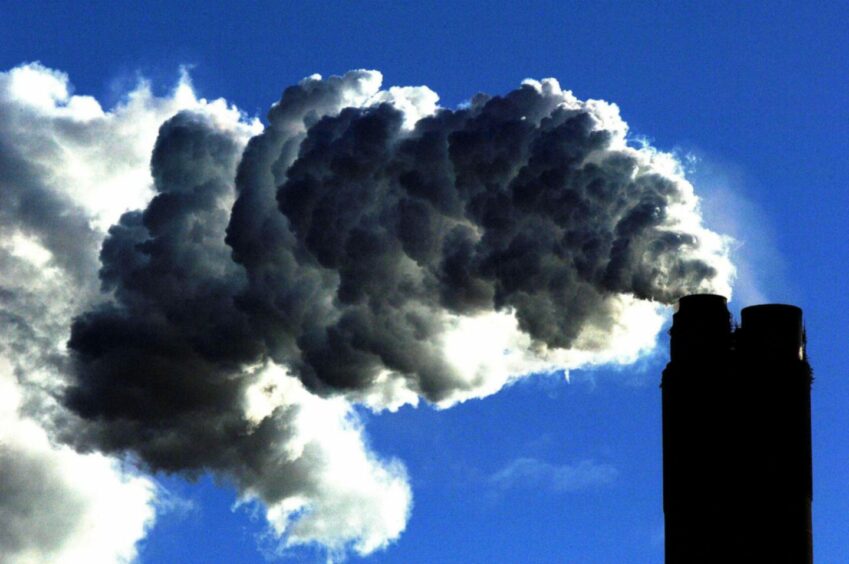
The UK government is changing how firms pay for producing emissions as it introduced more allowances to its Emissions Trading Scheme.
The result of these additional allowances is the cost of price on emitting a tonne of CO₂ is lower in the UK than in Europe.
It has been announced that there will be 53.5mn tonnes of extra allowances in the UK, previously, these large industrial emitters and electricity generators received these allowances to cover their emissions.
Polluters will be handed these additional allowances between 2024 and 2027.
The UK government website explains: “Free allocations will be made available for operators of eligible installations who applied for a free allocation of allowances for the 2021 to 2025 allocation period and for new entrants to the UK ETS.
The UK’s Emissions Trading Scheme (ETS) is to charge £47 per tonne following an evaluation, a 40% discount to the prices imposed by the European Union at £75.86 (€88.50), reports the Financial Times.
Before this announcement, the price per tonne of emissions imposed on businesses was similar in the UK and EU, however, following these changes companies in the UK are effectively incentivised to pollute more domestically than they do in European operations.
The UK ETS Authority is developing a new digital permitting, monitoring, reporting and verification system called Manage your UK Emissions Trading Scheme Reporting Service (METS) to replace ETSWAP.
With limited reference to the evaluation of its ETS on its website, the UK Government writes: “As part of our commitment to using robust evidence to support the development, implementation, and improvement of policies, and in keeping with best practice, this will be a 2-phase process over the next 3 years.”
The Conservative Party has been criticised recently for letting emissions-cutting measures fall down its list of priorities as prime minister Rishi Sunak indicated a readiness to soften green policies.
The UK Government’s energy security secretary, Grant Shapps has also recently claimed that granting “every single conceivable licence to the North Sea” would be within the country’s net zero targets.
He said: “The IPCC [Intergovernmental Panel on Climate Change], who is the global authority on this, says that to meet net zero by 2050 the world needs to reduce its reliance on oil and gas by four per cent a year. Even if we granted every single conceivable licence to the North Sea … the [UK’s oil production] would decline at seven per cent a year, twice the rate of the IPCC [recommendations].”
Recommended for you
